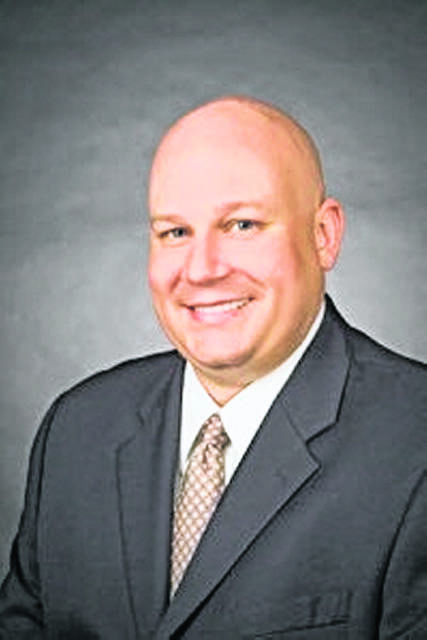Clients often ask attorneys in the context of estate planning, “What are other people doing?” Providing examples can sometimes stifle creativity, but estate planning attorneys must both empower clients to make their own decisions and help clients plan for things that clients don’t deal with every day.
This column introduces some common mindsets and common distribution plans used for estate planning involving family businesses. LLCs, trusts, wills, deeds and other agreements are used to implement estate plans, but this column does not go into those specific tools.
If the goal is to continue the family business after the death of one or both parents, the estate plan must clearly consider the financial survival of the business and sometimes requires a financially unequal inheritance. And usually the goal is for kids who are in business to end up with a business.
In particular, for family farms, the value of business real estate usually exceeds the value of the rest of the business’s assets. In these circumstances, parents can leave all business assets, except real estate, to family members who are involved in the business.
The business property is then distributed among family members not involved in the business (and sometimes including family members in the business). Usually, a business is allowed to lease a business property for at least a few years. I also often bind commercial properties with mutual purchase options, so that if any owner wants to sell their property, that owner must first offer the other siblings/property owners the opportunity to buy the property.
If the real estate of the family business is small compared to the other assets of the business, or if the business has no real estate, families will often use resources other than the business to pay family members who are not involved in the business. The parents’ personal home, savings, investments, retirement accounts, and life insurance proceeds all help fund it, and the business goes to those involved in the business.
If the non-property business is essentially all the parents have to pass on, usually the family members involved in the business get the business, but pay the non-business family members over a period of several years. This helps to maintain the financial viability of the business.
The biggest secret used to create peaceful estate plans involving family businesses is to ensure that family members who receive business assets, which typically have “large cash value,” cannot “cash out” soon after receiving business to inherit. Limiting the ability to sell the business or requiring that the proceeds of the sale be equalized between the people who did and did not inherit the business (if the business is sold within a certain period of time after the inheritance), turns business assets from money to opportunity.
When other family members know that the family members in the business cannot turn the family business into a lottery jackpot, the non-business family members become more aware of the unequal distribution “in monetary terms” by the parents who transfer the family business.
Lee R. Schroeder is a licensed Ohio attorney at Schroeder Law LLC in Putnam County. He limits his practice to business, real estate, estate planning and agriculture in Northwest Ohio. It can be reached at the address [email protected] or at 419-659-2058. This article is not intended as legal advice, and you should seek specific advice from a licensed attorney of your choice based on the specific facts and circumstances you face.
https://www.limaohio.com/top-stories/2022/10/01/legal-ease-secrets-of-estate-planning-with-the-family-business-farm/



/cloudfront-us-east-1.images.arcpublishing.com/morningstar/JCFINAYQH5GFZOR2DRWTJZSSNY.png)

